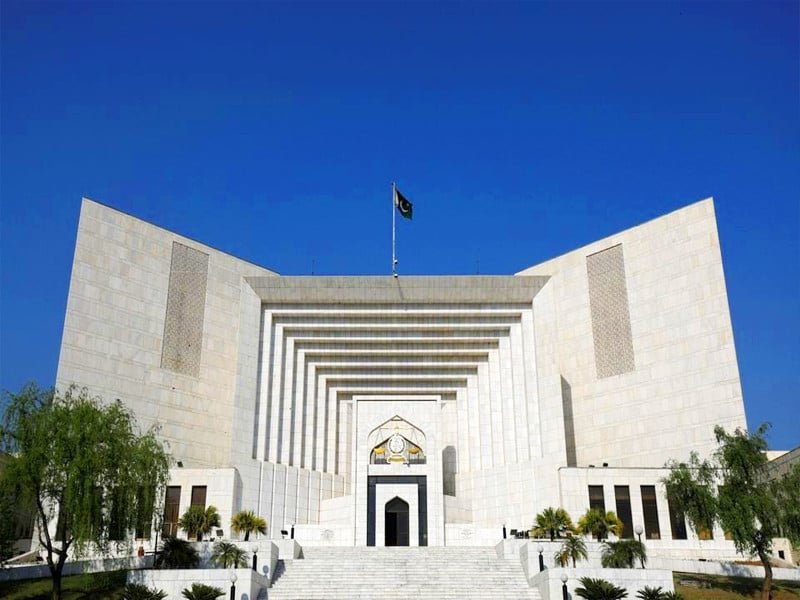Understanding the New Supreme Court Procedures in Pakistan
The recent developments within Pakistan’s Supreme Court highlighted by the Supreme Court Practice and Procedure Act of 2023 are quite significant. A new committee, led by Chief Justice Yahya Afridi, has adopted regulations that impact how the court functions, particularly regarding the role of the Acting Chief Justice of Pakistan (CJP).
So, what’s the big deal? Primarily, this act redistributes powers for constituting benches away from individual CJP discretion, placing it within a committee’s control. This shift aims to address issues such as emergencies or the CJP’s absence—essentially streamlining operations for better efficiency. According to the new procedures, these changes come into immediate effect, signifying a notable transformation in court processes.
However, the impact of these changes isn’t all straightforward. Some legal experts are raising eyebrows, especially about Clause 5, which they argue contradicts existing constitutional provisions regarding the appointment of an Acting CJP during the absence of the chief justice. Critics suggest this clause makes the position of acting CJP somewhat redundant and could lead to confusion in urgent judicial matters.
Many wonder why a special committee is needed if there are clear rules in place for appointing an Acting CJP based on seniority. Justice Shahid Jamil pointed out that the Constitution explicitly outlines that the most senior judge should step up as Acting CJP, ensuring continuity and stability.
Moreover, concerns regarding the committee’s effectiveness have emerged. Reports indicate that since CJP Afridi took office, there haven’t been regular meetings to discuss crucial decisions on case allocations or bench formations, raising questions about transparency and accountability within the court’s functioning.
Overall, while these procedural updates aim to enhance judicial efficiency, they also present challenges and ambiguities that require careful consideration. Understanding these changes is essential for legal professionals and citizens alike to stay informed about the implications for justice in Pakistan.
For those looking to delve deeper into legal insights or keep updated on evolving judicial landscapes, connecting with resources like Pro21st can provide valuable perspectives and information.





